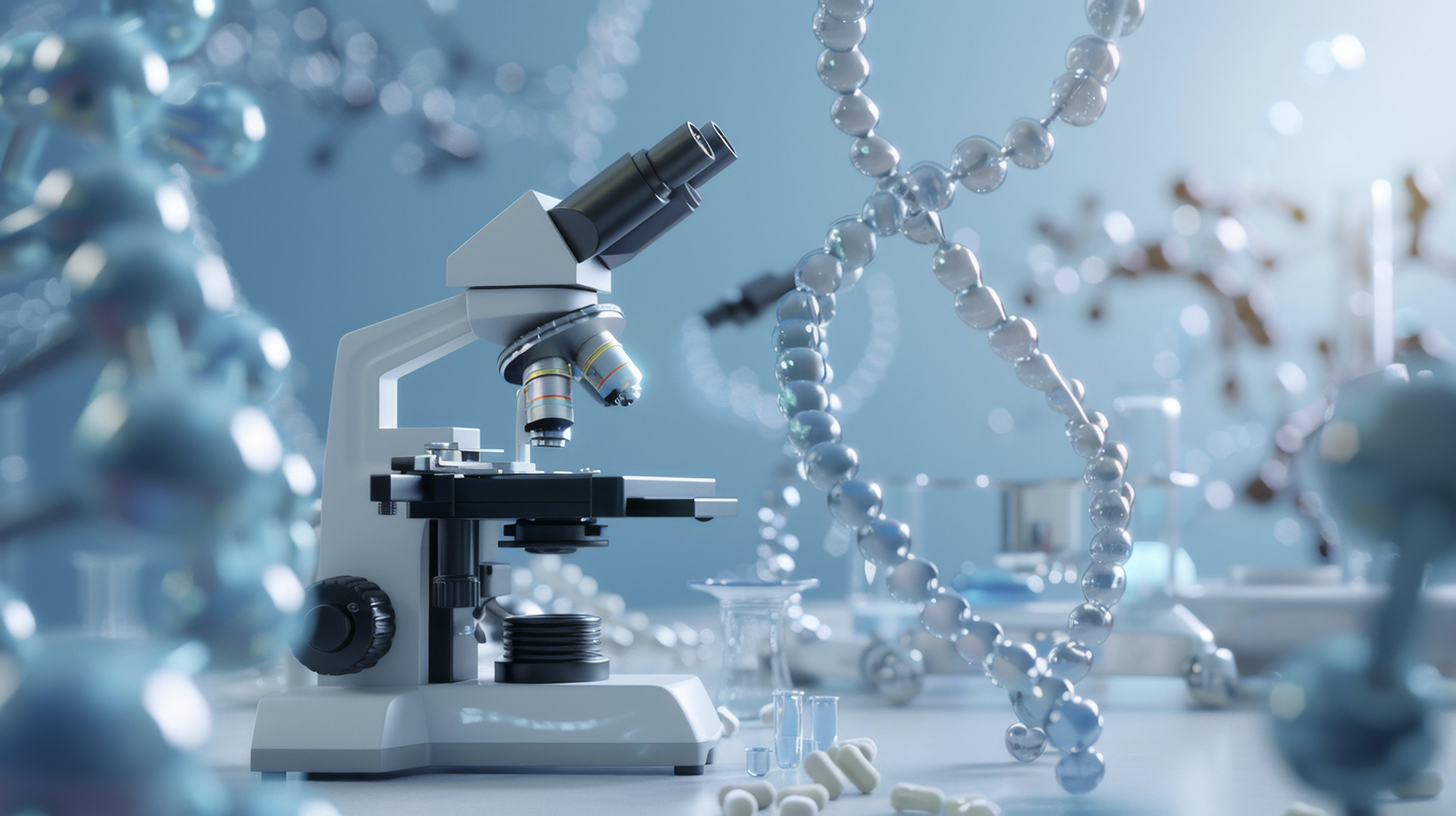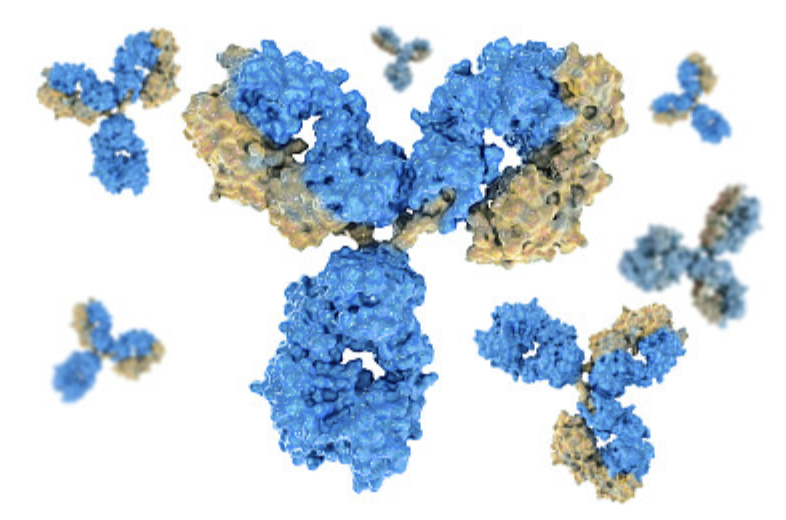
Antibody-drug conjugates (ADCs) have revolutionized oncology by enabling targeted drug delivery to cancer cells while minimizing toxicity to healthy tissues. However, the success of ADCs relies not only on the selection of antibodies and cytotoxic payloads but also on efficient conjugation technologies, stability optimization, and advanced delivery systems.
As a global leader in nanodelivery technologies, Litchlab is dedicated to enhancing ADC drug stability, targeting precision, and therapeutic index, facilitating the seamless transition from laboratory research to cGMP-scale manufacturing.

The efficacy and safety of ADCs heavily depend on the antibody-drug ratio (DAR) and conjugation stability. Litchlab leverages cutting-edge conjugation chemistry to enhance drug uniformity and in vivo stability.
Employs engineered site-specific conjugation to ensure uniform drug loading on antibodies, optimizing DAR (typically 2-4) to balance efficacy and toxicity.
Uses peptide, glycan, cysteine, or lysine-based site-directed modifications to improve conjugation stability, preventing heterogeneity caused by random conjugation.
Integrates cleavable and non-cleavable linker technologies to ensure ADC stability in circulation while enabling precise payload release within cancer cells.
Utilizes pH-responsive, enzyme-sensitive, and redox-triggered release mechanisms to enhance tumor-specific drug activation, reducing off-target effects and improving the therapeutic index (TI).
Litchlab integrates nanobiotechnology to further improve ADC targeting efficiency, enhancing tumor cell uptake and tissue penetration.
Incorporates aptamer-functionalized ADCs, increasing recognition of tumors with low antigen expression.
Combines targeting peptides to enhance penetration into solid tumors, overcoming tumor microenvironment barriers.
Implements pH-sensitive, enzyme-triggered, and light/magnetically controlled release mechanisms to ensure ADC payload release occurs only inside cancer cells, minimizing systemic toxicity.
Optimizes lysosomal degradation pathways to maximize intracellular drug activation and improve anti-cancer efficacy.
The pharmacokinetics (PK) and biodistribution of ADCs are critical for their success. Litchlab employs nanodelivery technologies to optimize ADC formulation, enhancing stability, reducing immunogenicity, and improving tumor accumulation.
Integrates liposome-ADC hybrid delivery platforms to improve circulation stability, reduce hepatic clearance, and increase tumor accumulation.
Utilizes PEGylation strategies to optimize half-life and enhance targeted drug distribution.
Develops PLGA microspheres to enable sustained ADC release, reducing degradation in circulation and extending therapeutic effects.
Integrates hydrogel-based carriers to enhance ADC penetration into solid tumors, improving bioavailability.
✅ Oncology focus: Breast cancer, non-small cell lung cancer (NSCLC), hematological malignancies
✅ Combination therapies: ADCs + immune checkpoint inhibitors (PD-1/PD-L1) for enhanced anti-tumor immune response
✅ End-to-end support: From research to cGMP manufacturing, accelerating ADC drug clinical translation
The FDA approval of Datroway (datopotamab deruxtecan) in January 2025 marks a major milestone in ADC-based precision oncology. Litchlab’s innovative ADC delivery technologies are helping global pharmaceutical companies accelerate the commercialization of next-generation ADC therapeutics.
For more information, please feel free to contact us at:
E-Mail:RD1@Litchlab.com